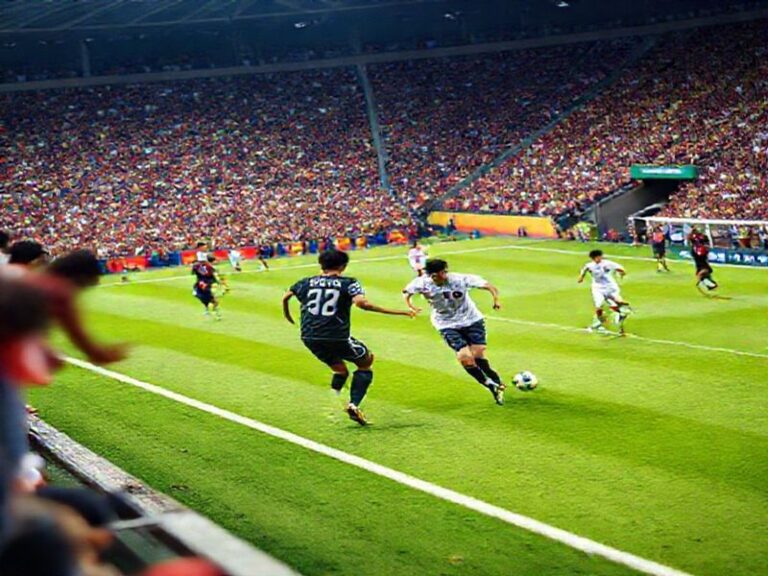Rai Benjamin’s 46.17-Second World Record: The Planet’s Fastest Man Outruns Geopolitical Chaos
Rai Benjamin’s 400-Meter Hurdle World Record: A Triumph of Human Speed in a World That Can’t Get Out of Its Own Way
By Our Correspondent, still jet-lagged from a decade of watching civilization sprint in circles
ZURICH—While the planet spent the week arguing over whose border is whose and which decade-old tweet should torch whose career, Rai Benjamin decided the most productive use of his time was to run 400 meters, leaping ten hurdles, faster than any homo sapiens in recorded history. His 46.17-second demolition of Kevin Young’s 31-year-old record at the Weltklasse meet didn’t merely shave 0.14 off a number; it momentarily outran the entropy the rest of us call “current affairs.”
For perspective: 46.17 is roughly the time it takes a UN Security Council vote to be vetoed, or for a crypto exchange to misplace a billion dollars. Benjamin covered the distance at an average speed of 19.4 mph—faster than Rome’s traffic moves on a good day, faster than humanitarian aid reaches certain Mediterranean beaches, faster, certainly, than global consensus on climate, debt, or what to call that body of water between Iran and Saudi Arabia.
The international significance? In an era when world records fall with the monotony of TikTok trends, Benjamin’s run still managed to look… difficult. No carbon-fiber trampoline shoes, no cryptocurrency sponsorship (yet), just sinew, lactic acid, and the existential dread of being chased by Norway’s Karsten Warholm, the man who redefined “Nordic noir” by making 400-meter hurdles look like a crime thriller. Warholm finished second in 46.53, a time that would have been the world record in any year prior to 2021, proving that even excellence is inflationary these days.
Viewed from the cheap seats of global politics, the race offered a rare bipartisan moment: two athletes, one from the empire that invented jazz and another from the land that invented the paper clip, agreeing to settle their differences by running in the same direction. Contrast that with the G20, where everyone sprints away from consensus faster than Benjamin exits the starting blocks.
Yet the triumph arrives packaged in the usual hypocrisy. Benjamin trains in Los Angeles, a city where the air sometimes qualifies as a solid, and flew here on an airline that burns the annual carbon budget of a small island nation just to keep the champagne chilled. The Weltklasse meet itself is sponsored by a Swiss bank that, like most Swiss banks, has never met a dictator’s portfolio it couldn’t shelter. We celebrate human speed while dragging a ball-and-chain of contradictions; call it the 400-meter hurdle of the soul.
Still, the clock does not lie—unlike certain referendums—and 46.17 is now etched into the same record books that also list the fastest collapse of a currency (Venezuela, 2016) and the quickest descent into civil war (pick a year). Athletics remains one of the few realms where the outcome cannot be blamed on fake news, gerrymandering, or the algorithm. You either clear the hurdle or you kiss the track, a clarity democratic systems can only fantasize about between filibusters.
What happens next is predictable: Nike will mint a shoe named after a Greek god, a streaming service will option Benjamin’s life story, and some enterprising nation—perhaps one without an extradition treaty—will offer him citizenship in exchange for a flag to carry at the next Games. The rest of us will return to our habitual steeplechase: dodging recession, inflation, and the occasional war crime indictment.
But for 46.17 seconds, the planet’s perpetual train wreck paused. Commentators forgot to mention the looming default of [insert country here]. Even the doomsday clock hesitated. And somewhere, a ten-year-old who still believes borders are just chalk lines decided that velocity might be more useful than virality.
History will note that on a balmy Thursday, while diplomats elsewhere were busy watering down communiqués, Rai Benjamin ran straight at ten immovable obstacles and made them look temporary. If only geopolitics had lane discipline.







